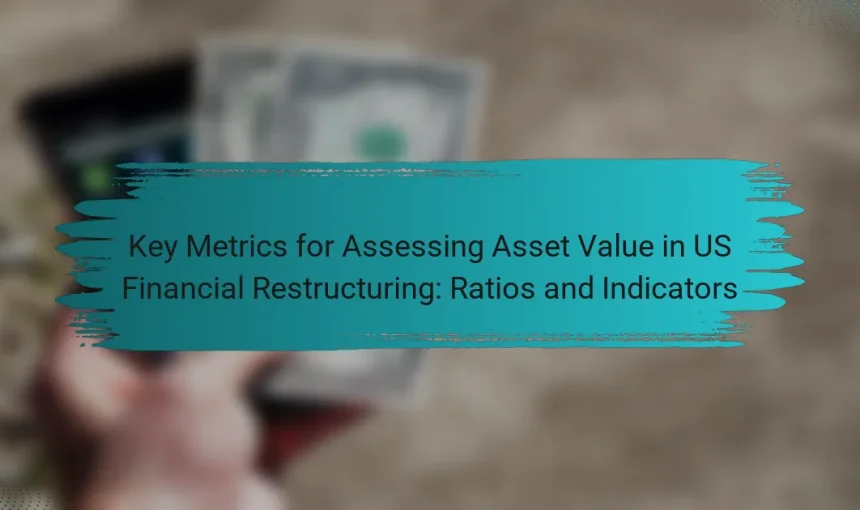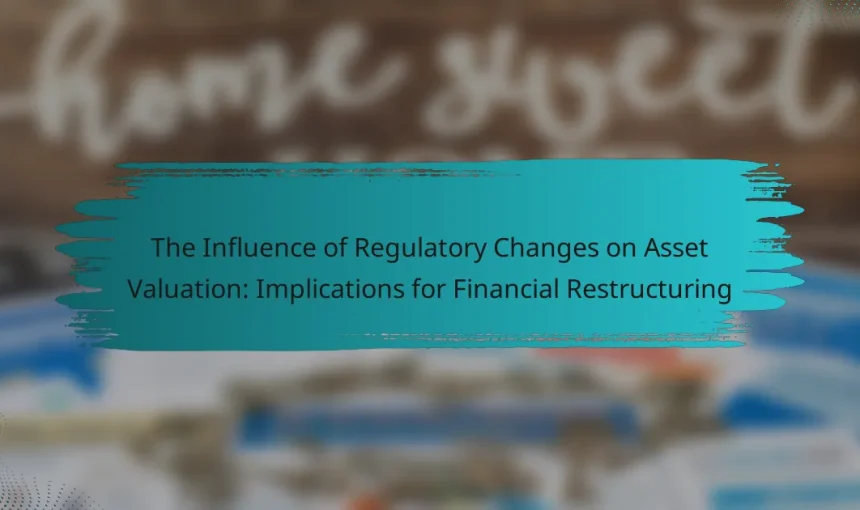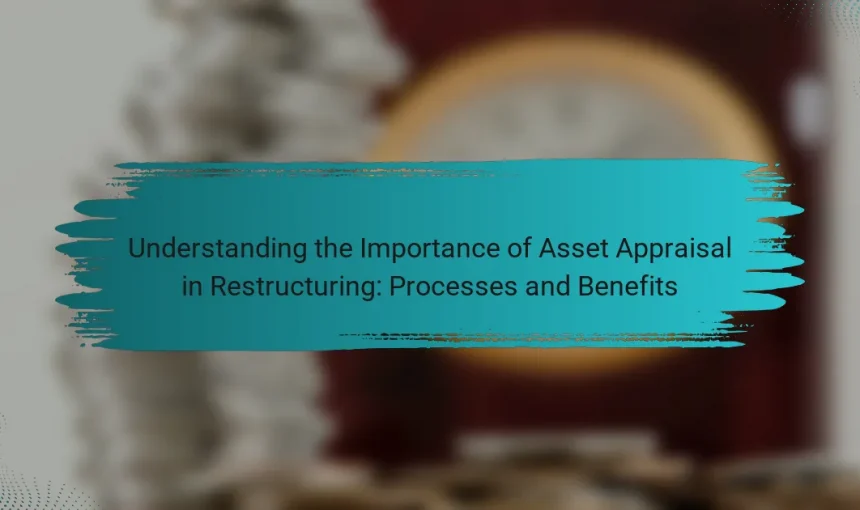Discounted Cash Flow (DCF) Analysis is a financial valuation method used to estimate the value of an asset based on its expected future cash flows, adjusted for the time value of money. This article explores the techniques and applications of DCF analysis in asset valuation, emphasizing its importance in forecasting cash flows and determining present […]
Fair Market Value (FMV) is a crucial concept in US financial restructuring, representing the price at which an asset would trade in an open market between a willing buyer and a willing seller. This article explores the significance of FMV in assessing the value of assets and liabilities during financial restructuring, particularly in bankruptcy cases. […]
Economic conditions are a critical factor influencing asset valuation, impacting prices through various mechanisms such as demand, investor confidence, and interest rates. During periods of economic growth, asset prices generally rise, while downturns lead to declines in value due to reduced demand and increased risk aversion. Key elements affecting asset valuation include interest rates, inflation, […]
The article focuses on key metrics for assessing asset value in US financial restructuring, specifically highlighting Enterprise Value (EV), Debt-to-Equity Ratio, and Net Asset Value (NAV). These metrics are essential tools for evaluating the financial health and potential recovery of distressed companies. The discussion includes practical applications of these metrics in real-world scenarios, emphasizing their […]
Asset valuations in bankruptcy proceedings are critical for ensuring fair distribution among creditors and stakeholders. Best practices for these valuations include thorough documentation of financial records, engagement of qualified appraisers with bankruptcy experience, and adherence to established standards such as the Uniform Standards of Professional Appraisal Practice (USPAP). Utilizing multiple valuation methods—income, market, and cost […]
Intangible assets are non-physical assets that contribute significant value to companies, including patents, trademarks, copyrights, and brand recognition. Their accurate valuation is essential as they can represent a large portion of a firm’s market value, influencing investment decisions, mergers, acquisitions, and financial reporting. This article explores the challenges and strategies involved in valuing intangible assets […]
Real estate valuation is the process of determining the market value of real estate assets, particularly during a company’s financial restructuring. This valuation is essential for evaluating properties that may serve as collateral or be sold to generate capital, impacting negotiations with creditors and the restructuring strategy. Commonly used methods include the income approach, sales […]
Tangible assets are physical items with intrinsic value owned by a company, such as real estate, machinery, inventory, and equipment. Their evaluation is crucial during financial restructuring, as it impacts the assessment of a company’s financial health, influences creditor negotiations, and determines potential recovery rates. This article outlines methods for evaluating tangible assets, including the […]
Regulatory changes refer to modifications in laws or rules that govern financial markets and asset management. These changes significantly impact asset valuation by altering risk and return profiles, influencing investor expectations, and affecting compliance costs for companies. Key regulatory updates, including revisions to International Financial Reporting Standards (IFRS) and Generally Accepted Accounting Principles (GAAP), emphasize […]
Asset appraisal is the process of evaluating the value of a company’s assets, which is essential during restructuring to assess financial health. This evaluation identifies assets that can be liquidated or leveraged, guiding strategic decisions related to debt management and resource allocation. The appraisal process includes asset identification, valuation, and reporting, utilizing methodologies such as […]









